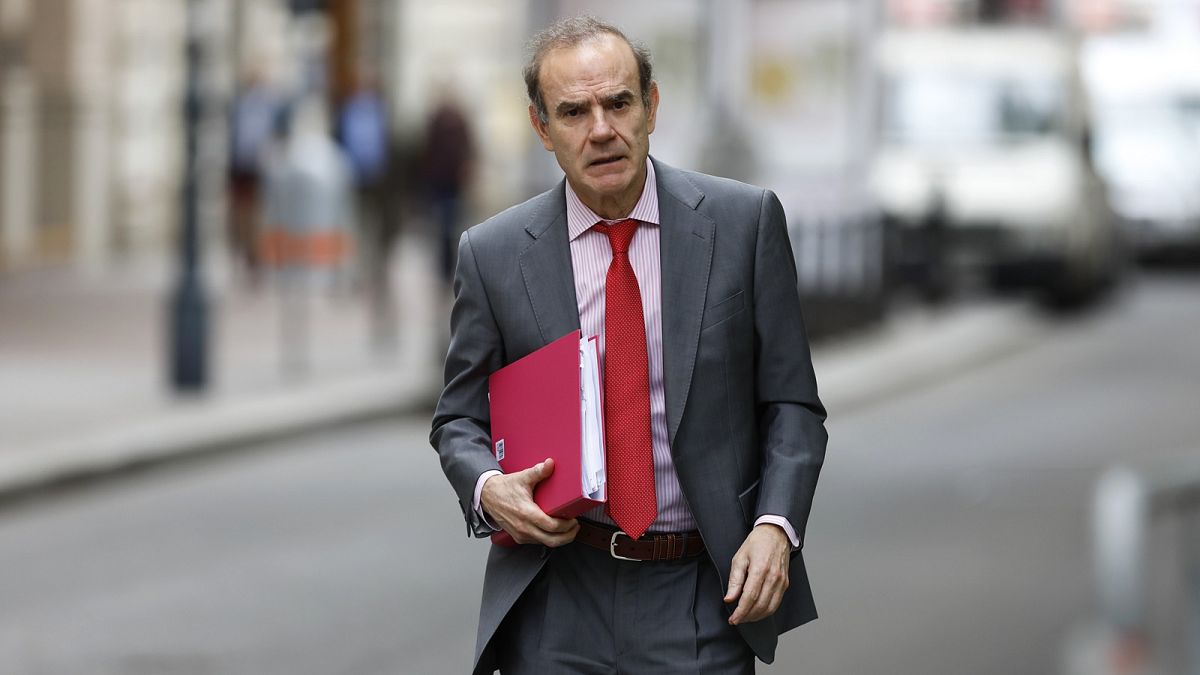The European Commission faced criticism for sending senior diplomat Enrique Mora to Iran’s new president’s swearing-in ceremony. Several MEPs expressed concerns about Mora’s attendance, citing Iran’s human rights violations, support for terrorism, and nuclear program as reasons for objection. However, the EEAS defended Mora’s presence as part of the EU’s policy of “critical engagement,” which involves open communication channels and the imposition of sanctions when necessary. This approach aims to address various issues such as human rights violations, support for Russia’s aggression, and arbitrary detentions of EU citizens.
Mora has previously attended the inauguration of President Ebrahim Raisi in 2021, which also sparked controversy. Despite the backlash, the EEAS reiterated that Mora’s presence in Tehran was to convey the EU’s concerns and positions on various issues to the incoming Iranian administration. These issues include human rights violations, support for terrorist groups like Hamas and Hezbollah, and the Houthis’ attacks on Western vessels in the Red Sea using Iran-supplied weapons. The EU has been actively engaging with Iran on these matters, even amidst the challenges posed by the JCPOA.
The Joint Comprehensive Plan of Action (JCPOA), a multilateral agreement to limit Iran’s nuclear program, has been a focal point for EU-Iran relations. Despite the withdrawal of the United States in 2018, the EU has continued efforts to revive the deal, with Enrique Mora leading negotiations. Mora recently met with Iranian diplomat Abbas Araghchi, a key figure in the nuclear agreement, signaling a new chapter in EU-Iran relations. The EU remains committed to diplomatic engagement with Iran, while also addressing critical issues of concern.
Critics of Mora’s attendance at the inauguration have raised questions about the EU’s stance on engaging with regimes that violate human rights and support terrorism. MEPs like Bart Groothuis and Rihards Kols have expressed disbelief at the decision to send a representative to Iran’s ceremony, citing the lack of attendance at President Putin’s inauguration as a contrast. The presence of Mora at the event, which featured chants of “Death to America and Israel,” was seen as legitimizing a regime with a track record of human rights abuses and global instability.
Despite the controversies surrounding Mora’s attendance, the EEAS has maintained that it aligns with the EU’s approach of critical engagement with Iran. By participating in the swearing-in ceremony, Mora aimed to convey the EU’s concerns directly to the Iranian administration and discuss key issues such as human rights violations, support for terrorism, and the nuclear program. The EU’s efforts to address these issues through dialogue and sanctions highlight the complexity of diplomatic engagement with countries like Iran, where strategic interests must be balanced with values and principles.











